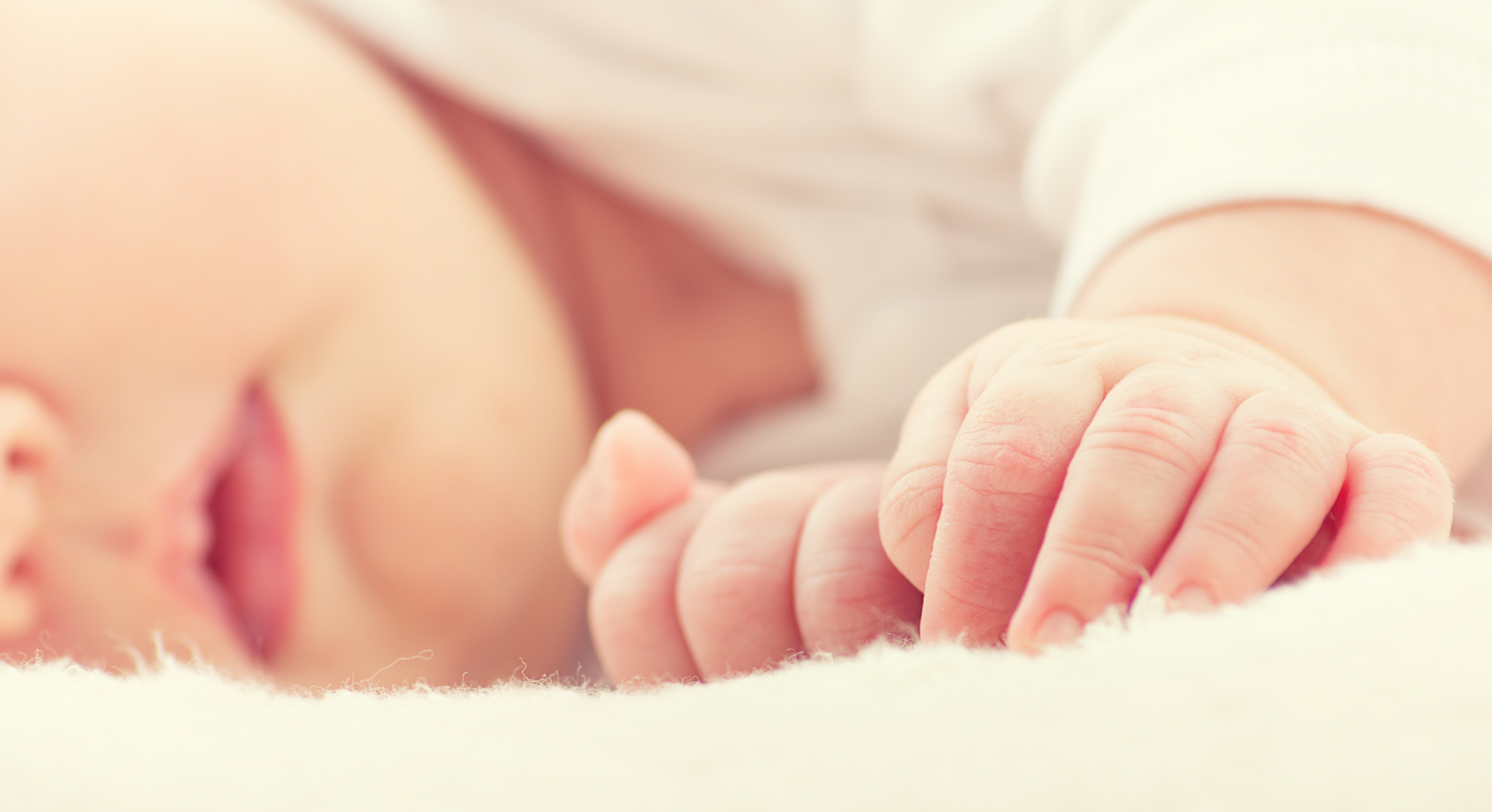The common cold and coughing are just as common in babies and young children as they are in teenagers and adults. Coughing results from an infection in the upper respiratory tract, which includes the throat, mouth, and nose. Colds are also very contagious and spread easily, especially among young and small children.
Additional symptoms that will appear with babies who are coughing excessively or have the common cold include a sore throat, loss of appetite, runny nose, and a fever. While this may not seem like too serious of a problem and something that will go away on its own, it’s still important that you take action to reduce the effects of coughing in your infant as much as possible in order to increase their comfort level and reduce pain.
Unfortunately, over the counter drugs and organic cough syrups will not be suitable for coughing in children under the age of two, because they can cause serious side effects that won’t happen in older children. Therefore, you’ll have to turn to alternative treatment options instead, which we will discuss in this article.
Here are the top coughing remedies for infants:
Table of Contents
Saline Drops
The first treatment option will be saline drops. If your infant is having difficulty breathing or sleeping, or if their nose is stuffed up, saline drops can be a suitable treatment method because they can thin out the mucus that builds up in the nose. Use only twice on infants per day, because any more than that can cause their nostrils to become rather sore.
For babies especially, it’s important to use a suction bulb when using nasal saline drops. If the child is old enough that they can blow their nose with your assistance, then you can try that.
Saline drops are also safe for children to use and contain strong antibacterial properties, which means that they have the added benefit of getting rid of viruses and bacteria that could be causing the issues in the first place.
Increase Fluids
Another remedy for coughing in infants will be to increase the amount of fluids they drink. The reason why is because being hydrated and increasing fluid consumption beyond a normal amount can also thin out mucus in the nose just like how saline drops can. It also makes it easier for infants to cough up excess gunk.
The best drinks to use for coughing in infants will be water, milk, and juice. Lukewarm hot chocolate and chicken soup can also help to heal sore throat, but make sure they aren’t too hot in order to avoid burns.
Avoid water and juice if the child is under the age of six months, at which stage only formula or breast milk should be used.
Place A Humidifier In The Home
Placing a humidifier in the home, and specifically in the room your baby is in, will increase the amount of moisture in the air, which will make it easier for them to breathe. It will be a good strategy to place the humidifier in the room while the baby is sleeping. Use a cool-mist model, which will be safer for infants than humidifiers that create steam.
Use Eucalyptus Oil
Eucalyptus oil has been use for many centuries to help relief human health problems, including colds and coughs. It can also help health diseases that are linked to the human respiratory tract. That’s also not to mention that eucalyptus oil contains strong antibacterial properties to kill the viruses and bacteria creating coughing as well.
On top of that, eucalyptus oil is safe for babies, and will further help to stimulate their immune system. Allow the baby to inhale it (with the approval of your baby’s pediatrician) or otherwise sprinkle it over their bedding.
Coughing Remedies For Infants
The above home remedies will be some of the best you can use to help your baby stop coughing. As one final suggestion, make sure that your baby gets plenty of sleep and rest when they are coughing consistently, and don’t have them do any strenuous activities.
If your baby’s condition has still not improved after one week and even after using any or all of the above treatment methods, it’s time to go see your pediatrician. In addition, if your baby is coughing or wheezing to the point that they are having difficulty breathing, then you should go to the doctor’s right away.
















